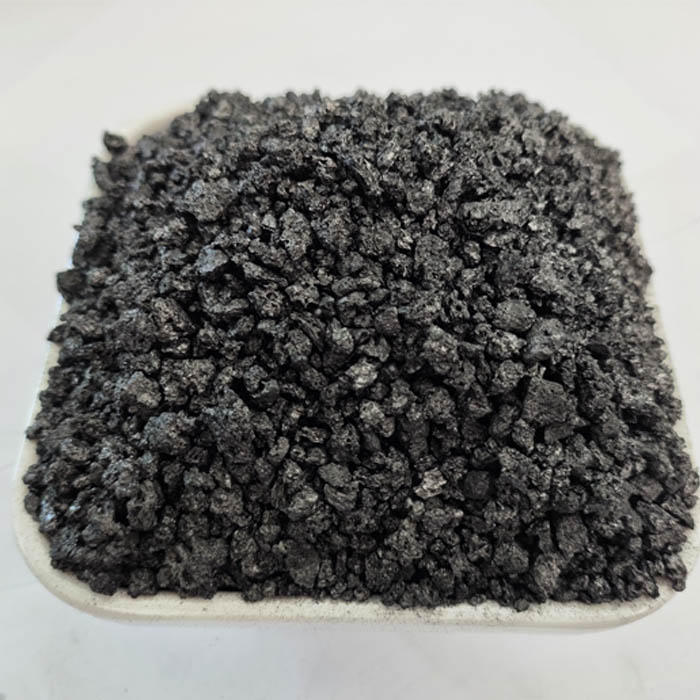Nov . 08, 2024 12:01 Back to list
Premium Insulation Materials for Air Conditioning Pipes for Optimal Efficiency and Performance
High-Quality AC Pipe Insulation Material Ensuring Efficiency and Longevity
In modern buildings, the efficiency of heating, ventilation, and air conditioning (HVAC) systems is paramount. One critical aspect of ensuring optimal performance in these systems is the insulation of air conditioning (AC) pipes. High-quality AC pipe insulation materials play a significant role in maintaining temperature, enhancing energy efficiency, and prolonging the lifespan of HVAC systems. This article explores the importance of these materials, the different types available, and the benefits they offer.
The Importance of AC Pipe Insulation
Without proper insulation, AC pipes can experience significant temperature fluctuations. These fluctuations can lead to a variety of issues, including condensation, energy loss, and increased wear on the system. Condensation occurs when warm, humid air comes into contact with cold pipes, leading to water dripping that can cause mold growth, structural damage, and increased moisture levels in the environment. Additionally, uninsulated or poorly insulated pipes can result in energy losses of up to 20%, which translates into higher utility bills and a larger carbon footprint.
Good insulation minimizes heat transfer, ensuring that the cooling or heating effects of the air conditioning system are effectively contained within the designated areas. This not only improves the overall performance of HVAC systems but also contributes to a more comfortable indoor environment.
Types of High-Quality Pipe Insulation Materials
The market for AC pipe insulation materials offers a variety of options, each catering to different needs and situations. Some of the most common types of high-quality insulation include
1. Foam Insulation Made from polyethylene or neoprene foam, this insulation type is lightweight and easy to install. Foam insulation provides excellent thermal resistance and is often used in residential and commercial applications. Its moisture resistance helps prevent condensation issues, making it an ideal choice for AC pipes.
2. Fiberglass Insulation Fiberglass is another popular option, known for its effectiveness in thermal insulation. It comes in batts or rolls and can be wrapped around pipes for optimal coverage. Though it may require additional protective layers to enhance moisture resistance, fiberglass insulation is widely used due to its availability and cost-effectiveness.
3. Rubber Insulation Rubber insulation offers a blend of flexibility and durability. It is particularly resistant to moisture and is often used in both commercial and residential settings. This type of insulation can handle high-temperature applications, making it suitable for a range of HVAC systems.
high quality ac pipe insulation material

4. Reflective Insulation Reflective insulation uses aluminum foil to reflect radiant heat away from the pipes. This type of insulation is typically combined with other materials to enhance thermal resistance and is especially effective in hot climates where minimizing heat absorption is crucial.
Benefits of Using High-Quality Insulation Materials
Investing in high-quality AC pipe insulation comes with numerous benefits, including
- Energy Efficiency Proper insulation significantly reduces energy consumption by minimizing temperature loss, resulting in lower utility bills. Efficient systems not only save money but also have a positive impact on the environment.
- Enhanced Comfort Well-insulated pipes contribute to maintaining desired indoor temperatures, ensuring that spaces remain comfortable regardless of external weather conditions.
- Mold Prevention High-quality insulation minimizes condensation, drastically reducing the risk of mold growth and protecting both your health and your property.
- Extended Equipment Life By reducing the load on HVAC systems, insulation helps prevent strain and potential breakdowns, thereby extending the lifespan of the equipment and reducing maintenance costs.
Conclusion
The choice of high-quality AC pipe insulation materials is crucial for anyone looking to optimize their HVAC systems. By preventing energy loss, reducing condensation, and enhancing comfort, these materials ultimately lead to significant long-term savings and improved indoor air quality. When planning for HVAC installations or upgrades, investing in the best insulation options available is not just a wise decision—it is a necessary one for any modern building. Whether it’s foam, fiberglass, rubber, or reflective insulation, each option has its unique advantages, making it essential to choose based on specific needs and conditions.
-
High-Performance Tundish Dry Vibrator for Steel Casting
NewsJul.25,2025
-
Top Carbon Petroleum Coke Exporters – Reliable Manufacturer & Supplier
NewsJul.24,2025
-
Environmentally Friendly Granule Covering Agent for Sustainable Solutions
NewsJul.23,2025
-
High-Performance Tundish Dry Vibrator for Continuous Casting
NewsJul.22,2025
-
First Bauxite Exporters | Top-Quality Global Supply
NewsJul.22,2025
-
```text High-Performance Insulation Cup Materials Exporters | Quality
NewsJul.21,2025
